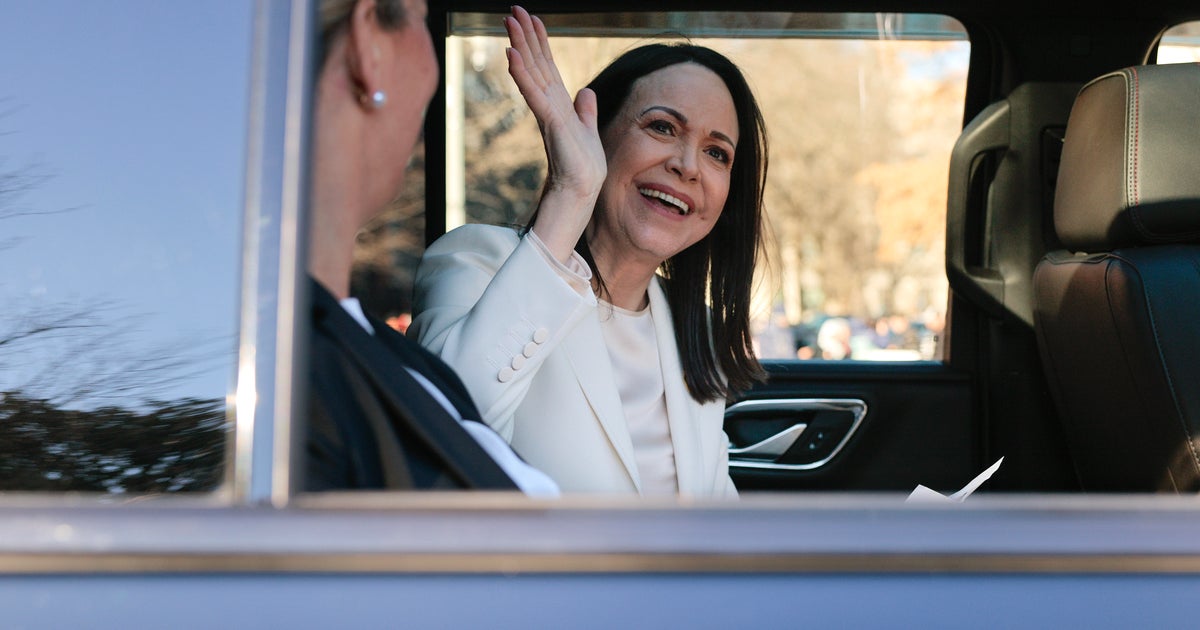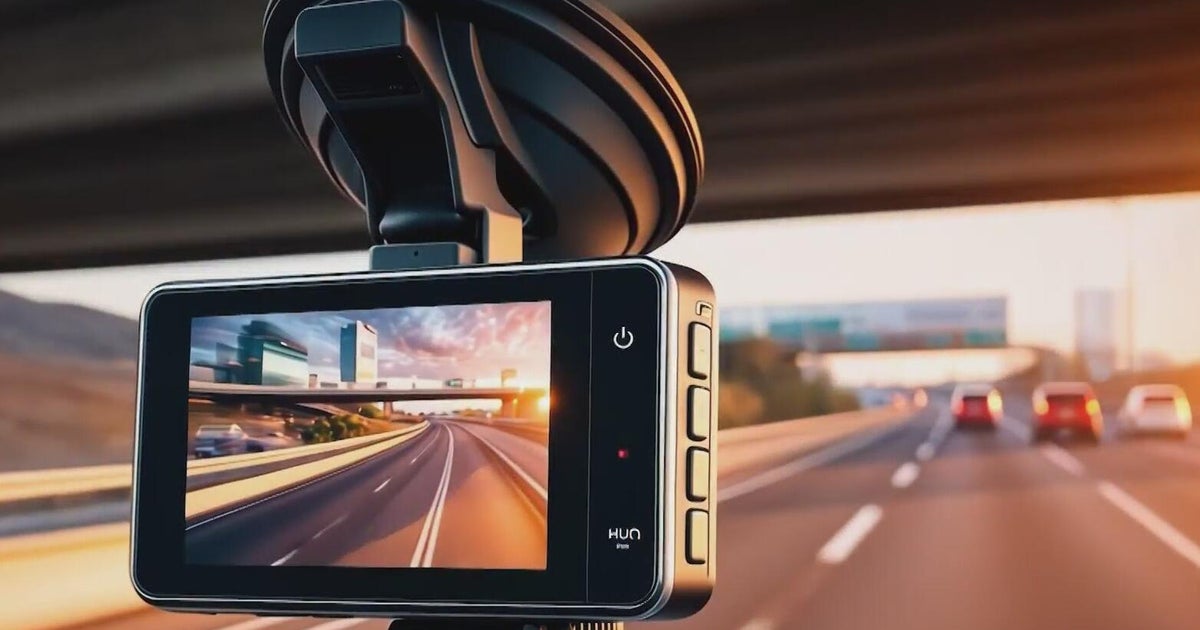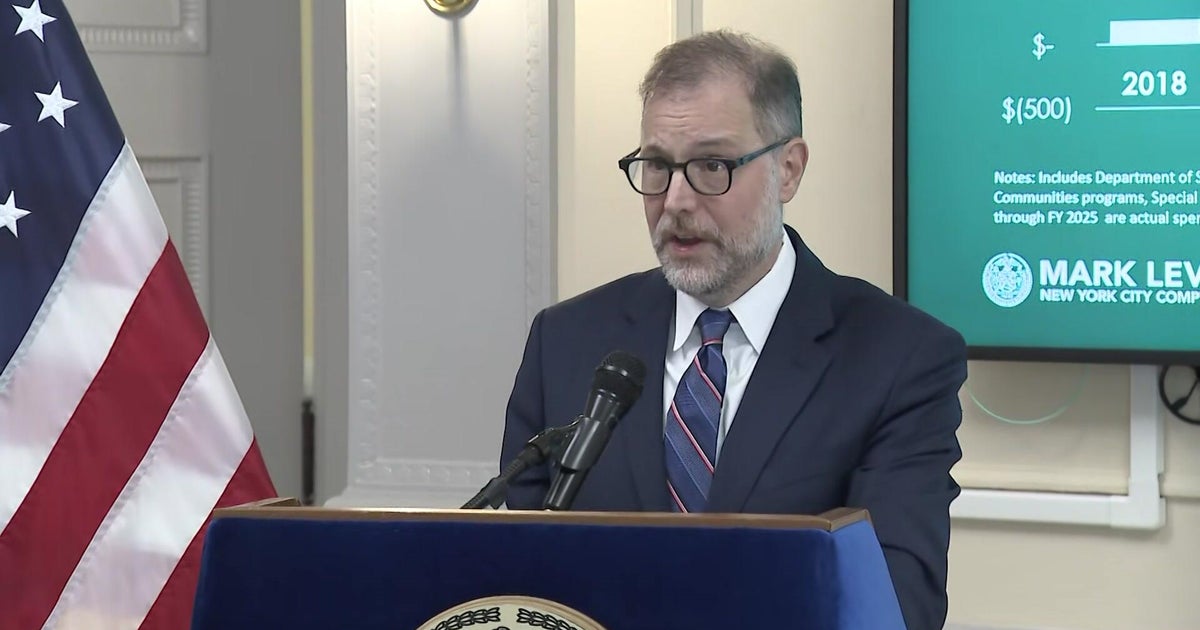China's political, economic impact on Caribbean, Latin America
MIAMI - Recently there has been a sharp focus on that Chinese surveillance balloon that swept across the U.S. skies.
What the Chinese are doing in the air seems to be minor compared to their massive economic and political efforts on the ground in the Caribbean, and Central and South America. For the aggressive Chinese government and military, there is an open door, according to Florida International University's politics and international relations professor Dr. Eduardo Gamarra.
"For the most part, the U.S. has not spent great amounts of money in Latin America," he said.
That's in contrast to the Chinese.
"They have a very high level of investment in just about every country from Venezuela, to Brazil, to Argentina, Bolivia, Chile," said Gamarra.
The Chinese government and closely aligned military affiliates have spent billions in our region granting loans and building political alliances.
For example, ever since the Bahamas' recognition of the "one-China" policy, which means the Bahamian government no longer diplomatically recognizes Taiwan, Chinese bankers and construction companies have been loaning money to them for infrastructure programs, including casinos and resorts.
There was money for the Thomas Robinson Stadium in Nassau, a three billion loan to upgrade the Freeport Cruise Port, which is now managed by the Chinese, and $40 million to build a port on Abaco.
Speaking of ports and supply chain management, Dr. Gamarra added, "They have been administrating the Panama Canal for a long time."
There's also the three billion dollar Baha Mar Resort on the island of New Providence in The Bahamas that is owned by Hong Kong-based Chow Tai Fook Enterprises.
Additional Chinese investment and involvement across the region includes $4.1 billion in Mexico since 2005. Its annual trade with Mexico is approximately $100 million.
In the Dominican Republic, China is responsible for $3.1 billion in loans and $600 million to improve infrastructure. In Jamaica, there has been a $3.16 billion investment and recently Cuba received a "donation" of $100 million. The Chinese have restructured the island nation's debt often. Cuba is one of their largest trade partners second only to Venezuela.
The Chinese are aggressively seeking raw materials, minerals to fuel their economy that sustains a population of one point five billion. For example, the Chinese essentially control the lithium trade in Chile, Argentina, and Bolivia.
Many of the countries in our region depend heavily on Chinese communications infrastructure especially cell phone and internet technology. The Chinese have filled a vacuum created by the United States and in the process have gained immense Communist based political and economic leverage in the region that surrounds South Florida.








